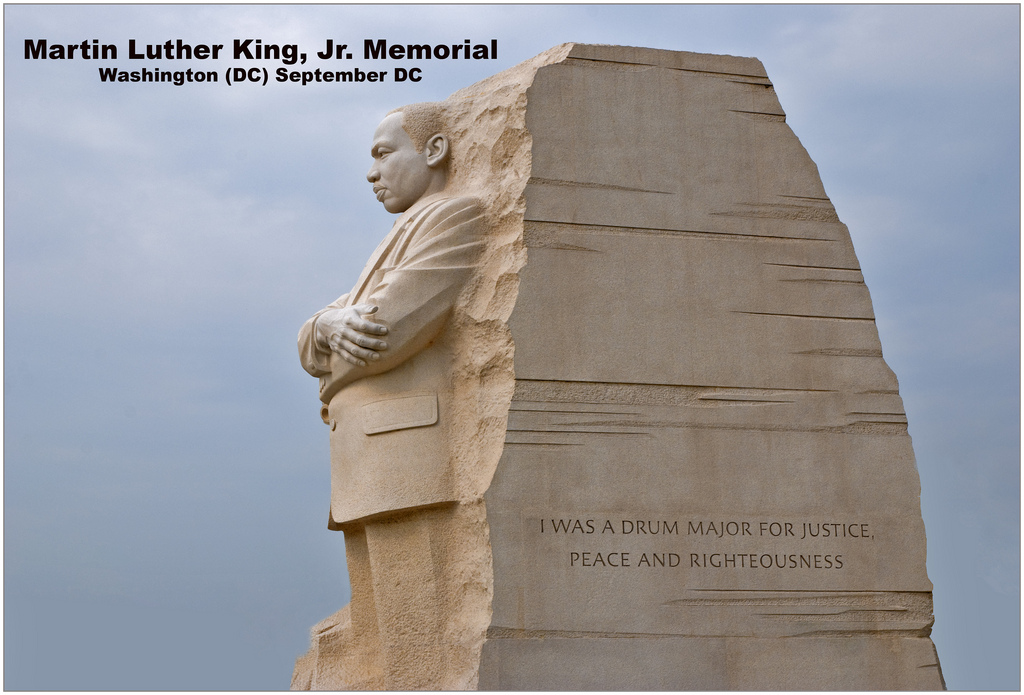During the Super Bowl, RAM Trucks debuted a controversial truck commercial splicing images of Americana with a sermon excerpt from slain Civil Rights leader, Dr. Martin Luther King, Jr.
After outrage gave way to discourse, cultural critics were quick to point to the irony of Dodge’s signification. In the originating sermon, “The Drum Major’s Instinct,” King critiques self-interested pursuits that hinder people’s ability to see the value in others. He literally calls out Americans who ride in expensive “Chrysler” vehicles for the ego trip. NB: FiatChrysler Automobiles is the parent company of RAM.
To make the point, the left-leaning magazine Current Affairs re-edited the commercial with an audio excerpt from the same sermon that they believe to be more indicative of King’s message.
We re-edited the ad so that instead of promoting Dodge Rams it features the part of MLK's speech about why car commercials degrade the soul: https://t.co/lc2r4l5VV4 https://t.co/Hh2EbfjBD7
— Current Affairs (@curaffairs) February 5, 2018
So here we have a battle over King’s legacy. RAM Trucks follow the ultimate community servant who would dream a prosperous and diverse America into reality. Meanwhile the company’s critics champion the non-violent, anti-capitalist activist who questioned nationalist groupthink.
And both groups believe themselves to have identified the quintessential King.
This isn’t the first time that King has been contested. Lest we forget that the epigraphy etched into the King Memorial in Washington D.C. was also of grave concern. It too was adapted from “The Drum Major Instinct.”

What has gone less discussed is King’s insight into the way public figures can become trump cards in the high stakes game of social politics.
Excerpt from Martin Luther King, Jr. “The Drum-Major’s Instinct,” February 4, 1968, Atlanta. Martin Luther King, Jr. and the Global Freedom Struggle.
King’s transition from being a social agent himself into a totem should “unsettle” our claims of culture-as-essence and spark interest in culture-as-contest.
After all, in the first days of the Trump administration, journalists were reading a lot into the significance of the incoming president removal of an Obama-era bust of King from the Oval Office… that, is until the Press Secretary gave proof that the bust was still there?
Attorney General Jeff Session’s confirmation hearing is another good example of culture-as-contest. Senate Majority Leader Mitch McConnell (Republican) barred Senator Elizabeth Warren (Democrat) from reading a 1986 letter in which widow and activist Coretta Scott King had petitioned against Sessions’ nomination to the federal bench. Not only had Leader McConnell barred the letter from being read in 2017, but the recipient of the original, Sen. Strom Thurmond, had curiously failed to include it in the congressional record in 1986. Sessions’ opponents went so far as to email and fax the letter to McConnell’s office so as to make a statement themselves.
It is easy to overlook the gambit of trumping with “kings”—especially when we are in the middle of the play and have a stake in the outcome. I would wager that the cultures with which we identify are predicated on this risky move of connecting agendas to idols that others identify as rewarding. How easily we forget though that identities, like idols, are always what we make of them.
